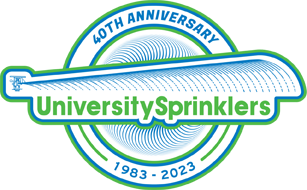Metro Water Supply Looks Good for Summer 2017!
The Vancouver Sun reports that the Metro water supply is looking good for summer 2017, which I guess is our reward for enduring such a snowy winter and wet spring!
They write:
“A normal snowpack, lots of rain and nearly full lakes mean Metro Vancouver will have enough water to get through the summer.
The annual water supply forecast and consumption update was presented to Metro’s utilities committee this week.
It states that survey results from late February from sample sites across the Capilano, Seymour and Coquitlam watersheds show snowpack depth and water equivalent are 93 and 102 per cent of the historical average for this time of year.
“These survey results indicate a reasonable likelihood of normal spring runoff from snowmelt,” the report states.
Last March, the snowpack depth and water equivalent was about 75 and 83 per cent of the historical average. The year before, it was at less than 10 per cent of the historical average. The last time the snowpack was near current levels was in 2013, when it was 110 per cent of the historical average.
While snowpack is important, it is not the only indicator of water supply. Precipitation and how much water is stored in the lakes that supply water are also factors.
The region’s source lakes are Capilano, Seymour, Coquitlam and alpine lakes Palisade, Burwell and Loch Lomond. All are at 85 per cent or more of summer storage capacity and expected to be at 100 per cent by summer.
Metro has made improvements to the water transmission system, which improves its capacity to supply water during peak demand periods.
With this summer expected to be hot and dry, water restrictions will be in effect between May 15 and Oct. 15. Restrictions will start at Stage 1, but in extreme drought or when there is unusually high demand for water, Metro Vancouver can move to higher levels.
To further conserve water, Metro staff are currently reviewing water restrictions, and proposed changes will be brought to the board later this year for implementation in spring 2018.”
This is welcome news for us at University Sprinklers!
- See how to set your irrigation timers.
- See what the watering restrictions are.
- Learn what the different stages of watering restrictions look like, including Stage 1, which starts May 15.
Photo by Richard Lam, Pacific News Group.

